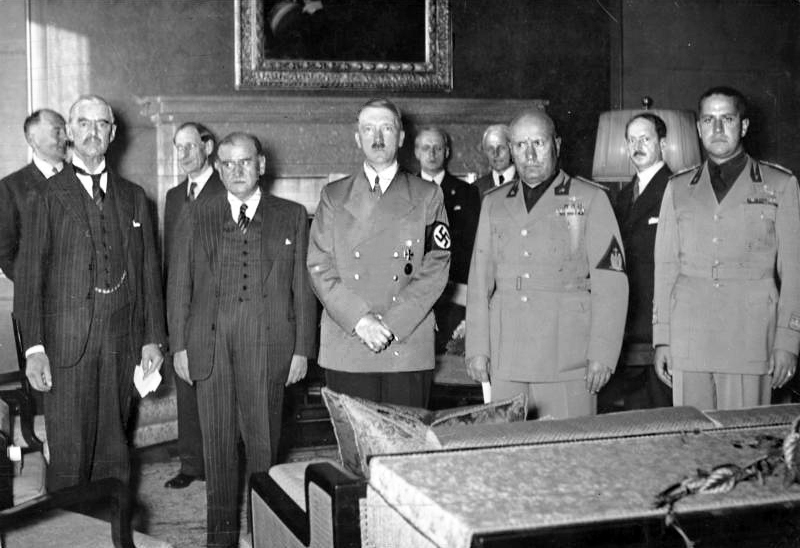"Why Listen to College Students?"
Let's try this on for size. We'll begin with an assumption, OK? Just for the sake of this monologue allow me to believe that the vast majority of college students are pro-PEACE anti-WAR. Sensible young people understand that you cannot conduct a war if no one is willing to participate in it. Many politicians with their Military-Indutrial Complex benefactors don't give a shit about that for what ought to be obvious reasons. They make it seem that there is imminent danger from forces that have no legitimate gripe against you. But that's not true. So, if you remove the political crap from the equation then it's the college students who have the answer to peace.
NOPE!
You have war because one side decided to resist the aggression of the other side.
Think ...
The
Winter War[F 6] was a war between the
Soviet Union and
Finland. It began with a Soviet invasion of Finland on 30 November 1939, three months after the outbreak of
World War II, and ended three and a half months later with the
Moscow Peace Treaty on 13 March 1940. Despite superior military strength, especially in tanks and aircraft, the Soviet Union suffered severe losses and initially made little headway. The
League of Nations deemed the attack illegal and expelled the Soviet Union from its organization.
...

en.wikipedia.org
If the aggression isn't resisted, than you just have invasion, conquest, pillage and plunder by one side.
Think ...
Czechoslovakia
...
An emergency meeting of the main European powers–not including Czechoslovakia, although their representatives were present in the town, or the
Soviet Union, an ally to both France and Czechoslovakia–took place in Munich, Germany, on 29–30 September 1938. An agreement was quickly reached on Hitler's terms, and signed by the leaders of Germany, France, Britain, and Italy. The Czechoslovak mountainous borderland marked a natural border between the
Czech state and the Germanic states since the early Middle Ages; it also presented a major natural obstacle to a possible German attack. Strengthened by
significant border fortifications, the Sudetenland was of absolute strategic importance to Czechoslovakia.
On 30 September, Czechoslovakia submitted to the combination of military pressure by Germany, Poland, and Hungary, and diplomatic pressure by Britain and France, and agreed to surrender territory to Germany following the Munich terms.
The Munich Agreement was soon followed by the
First Vienna Award on 2 November 1938, separating largely Hungarian inhabited territories in southern Slovakia and southern
Subcarpathian Rus' from Czechoslovakia. On 30 November 1938, Czechoslovakia ceded to Poland small patches of land in the
Spiš and
Orava regions.
[5]
In March 1939, the
First Slovak Republic, a German
puppet state, proclaimed its independence. Shortly afterwards, Hitler reneged on his promises to respect the integrity of Czechoslovakia by invading Czechia and turning it into the
Protectorate of Bohemia and Moravia, giving Germany full control of what remained of Czechoslovakia. As a result, Czechoslovakia had disappeared.
[6] The conquered nation's significant military arsenal played an important role in Germany's invasions of Poland and France in 1939 and 1940.
[7]
....

en.wikipedia.org

